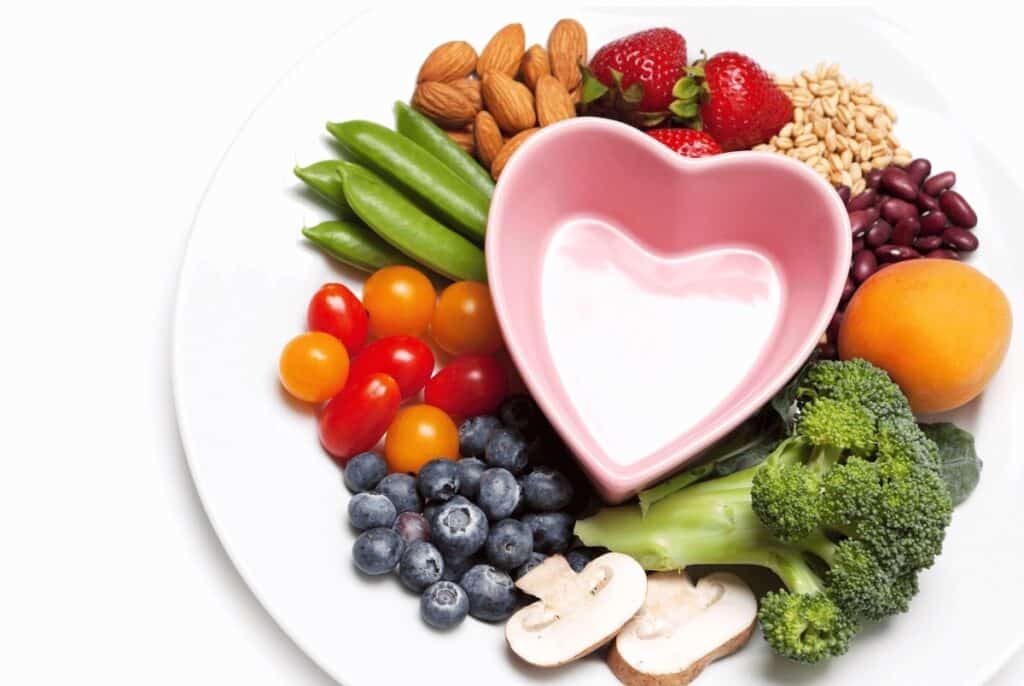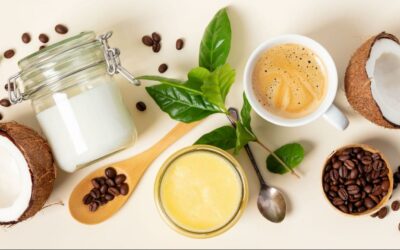Estimated reading time: 3 minutes
By Justin Long
Having a fulfilling sex life is a wonderful part of being alive. While there’s considerable emphasis on maintaining fitness and mental well-being to sustain long-term sexual health, one critical area often overlooked is the profound influence of dietary choices. Although certain foods are often associated with having aphrodisiac qualities – think asparagus, pomegranate and chocolate – there’s a lesser-known culprit that could sabotage your libido: dairy products. Despite their ubiquity, dairy products have been linked to various health concerns, including potential effects on overall sexual wellness.
Hormonal Disruption
One significant concern with dairy consumption is its potential to disrupt hormone levels in the body. Cow’s milk naturally contains hormones like estrogen and progesterone, which are essential for calf growth but may have unintended consequences when consumed by humans. Excess estrogen intake from dairy could disrupt the delicate hormonal balance in the body, potentially leading to reduced libido and sexual dysfunction, particularly by lowering testosterone levels (1). Testosterone, a key hormone in both men and women, is crucial for maintaining healthy libido and sexual function.

Cardiovascular Health
Dairy products, such as cheese, butter, and whole milk, are high in saturated fats and cholesterol. These dietary components can contribute to the development of atherosclerosis, a condition where fatty deposits build up inside arteries, leading to narrowed and hardened blood vessels (2). Atherosclerosis restricts blood flow to vital organs, including the heart and brain, increasing the risk of heart attacks and strokes.
High blood pressure, another consequence of diets rich in saturated fats and cholesterol, further exacerbates cardiovascular problems. Elevated blood pressure strains the heart and blood vessels, increasing the likelihood of heart disease and other complications.
Cardiovascular health is also closely intertwined with sexual function. In men, erectile dysfunction (ED) is often an early indicator of underlying cardiovascular issues (3). The same risk factors that contribute to heart disease, such as high cholesterol and hypertension, can impair blood flow to the penis, resulting in difficulties achieving or maintaining an erection. Similarly, in women, decreased sexual arousal can be linked to poor cardiovascular health, as impaired blood circulation affects genital arousal responses (4).
Reducing dairy consumption can be a proactive step towards improving cardiovascular health and, consequently, sexual function. By cutting or reducing dairy intake overall, individuals can lower their saturated fat and cholesterol intake, thereby mitigating the risk of atherosclerosis and hypertension (5). Improved cardiovascular health enhances blood flow throughout the body, which can positively impact sexual arousal and performance.

The Healthy Alternative
The link between cardiovascular health and sexual function emphasizes the significant role that dietary choices play in promoting overall well-being. By embracing heart-healthy eating habits and prioritizing whole, nutrient-rich foods like fruits, vegetables, nuts, and seeds, you can further bolster overall health and safeguard your cardiovascular system while potentially enhancing sexual vitality and enjoyment (6).
Don’t let dairy get in the way of your amorous adventures; make informed dietary decisions to nurture both your heart and your libido.
Check out episodes from our award-winning podcast to learn more:
Breasts, Sex & Food with Dr. Kristi Funk
The Pill that Changes Your Sex Life, Your Sexiness & Your Partner Choice with Dr. Sarah Hill
Your Hormones & Plant Power with Dr. Gemma Newman
Balance Your Hormones with Dr. Neal Barnard
REFERENCES →
- https://pubmed.ncbi.nlm.nih.gov/19496976/
- https://www.ncbi.nlm.nih.gov/pmc/articles/PMC6585375/
- Erectile dysfunction often a warning sign of heart disease – Harvard Health Publications
- https://www.ncbi.nlm.nih.gov/pmc/articles/PMC3812559/
- Reduction in saturated fat intake for cardiovascular disease – PMC
- https://pubmed.ncbi.nlm.nih.gov/34979217/








